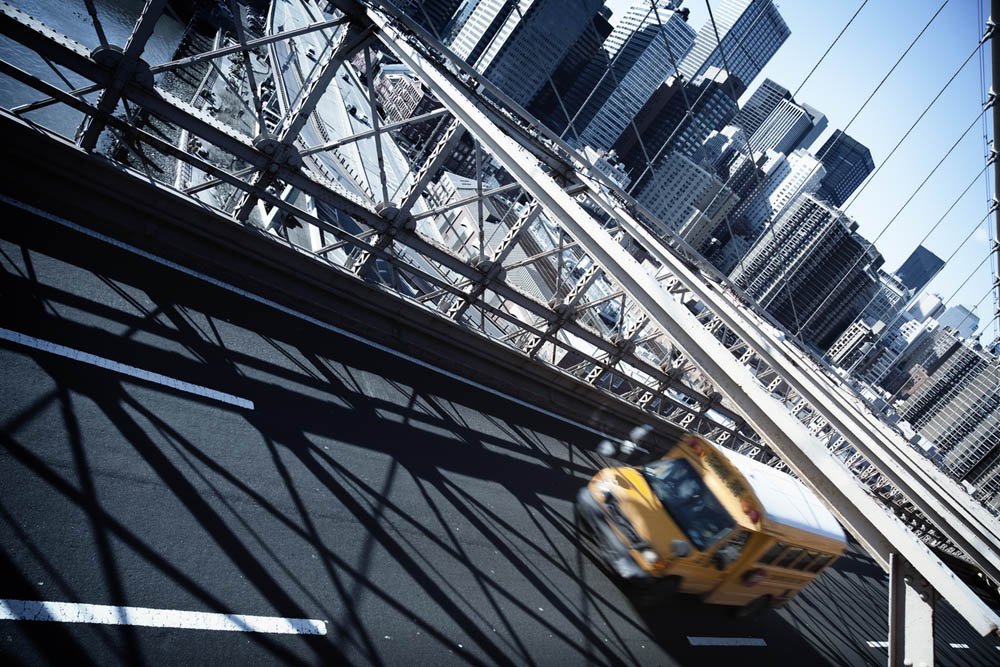New York City’s public kindergartens are segregated, and “school choice” is to blame, say New School researchers. Only three of the city’s 32 school districts allow students to attend any school in their district, so it’s hard to understand how choice is causing systemwide racial segregation.
What the researchers are actually exercised about is the familiar target for education establishment advocates: charter schools.
Charters are the largest provider of choice for families in New York City. As the New School report notes, 60 percent of all black children in the city are enrolled in either charter schools or district schools outside of their neighborhood zone. Over 61,000 black kids are enrolled in charter schools; in central Harlem, 55 percent of kindergarteners are enrolled in charters.
“These parents, black and white alike, have looked at the city’s limited educational alternatives and decided to send their kids to school wherever it made the most sense.”
A further 27,000 black students attend private and religious schools.
The New School report tells us why: “Students who leave [neighborhood schools] tend to enroll in schools with higher levels of academic achievement, as measured by test scores, and fewer low-income classmates.”
So black parents who opt out of lower-performing local schools in favor of better district and charter schools are driving the trend. But so are white parents in higher-income neighborhoods, where “parents’ satisfaction with their local schools is often higher, so the proportion of children enrolled in their zoned schools tends to be high.”
These parents, black and white alike, have looked at the city’s limited educational alternatives and decided to send their kids to school wherever it made the most sense. But the New School report suggests letting families make decisions like this violates the key progressive value of self-sacrifice for the common good.
“Providing equitable educational opportunity to all families should be a collective effort,” say the researchers, “by all members of the community with strong central leadership from City Hall and the Department of Education.”
Top-down directives in pursuit of the collective good were how the system worked for decades prior to 2002, and it has returned to that failed strategy under Mayor de Blasio.
Schools Chancellor Richard Carranza stepped into a thicket last week when he re-tweeted a video of Upper West Side parents speaking out against the local school board’s plan to integrate the community’s middle schools. The proposal would ease admissions rules for a few of the higher-performing schools with the intent of attracting more minority students, and parents who fear that their children will lose out are pushing back.
Carranza apologized for the fiery language — not his, but included in the original tweet — but pledged to keep speaking up about the segregation he sees in the city’s school system. Plain speaking is fine, but thoughtful speaking is better. The district in question allots students to middle schools based on their elementary-school performance. The top students don’t all wind up at the top schools, but a hierarchy in performance is clear.
The real problem is that neither the district nor the larger school system is doing much to create more schools that will attract families of all races. That sends a clear message to parents: You are going to lose what you now see as an advantage, but it’s all for the common good.
That’s a tough sell, to say the least. If parents can’t get the ear of the local school board or the chancellor, they’ll take it upon themselves to find the right school for their kids. For black families, this largely means charter schools; for white parents, it typically means academically selective schools or neighborhood schools in higher-income communities.
When members of either of these groups can’t find public-sector schools to their liking, they decamp to private and religious schools, home to over 250,000 city students, including 170,000 white kids. Parents aren’t waiting for de Blasio to fix the whole system; they want safe and successful schools for their children, and they want them now.
This piece originally appeared at the New York Post
______________________
Ray Domanico is the director of education policy at the Manhattan Institute.
This piece originally appeared in New York Post
